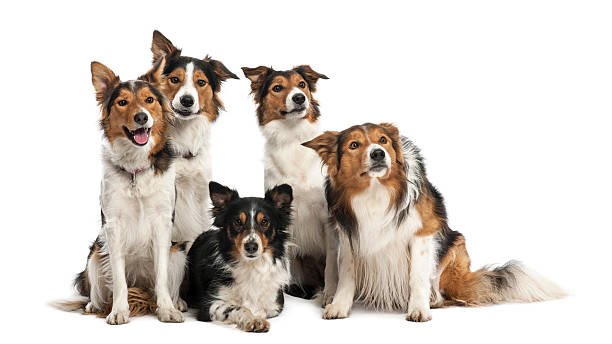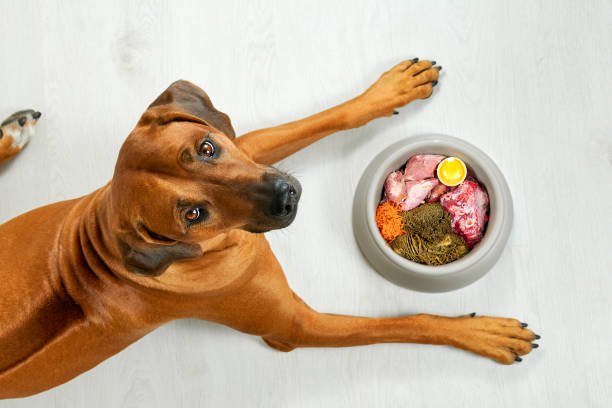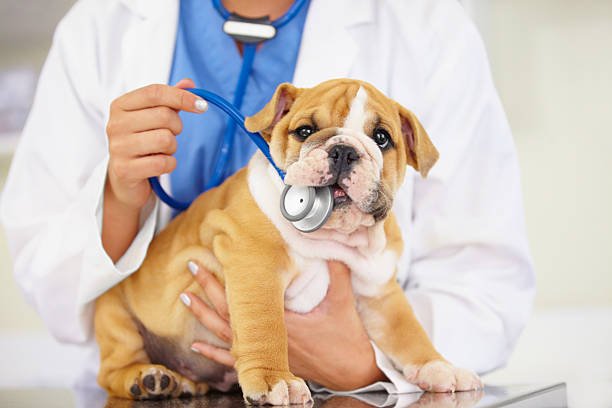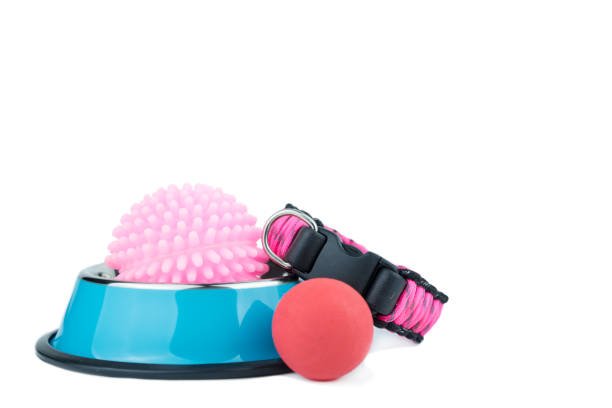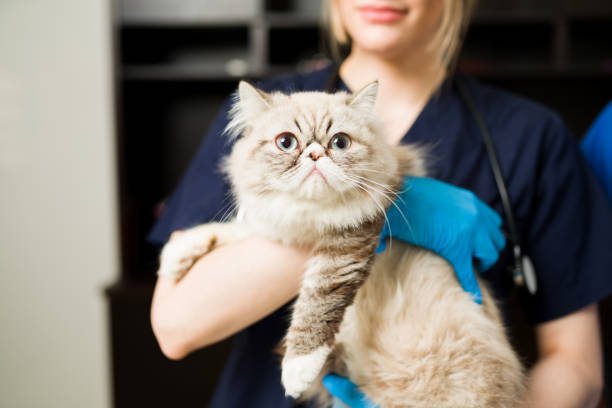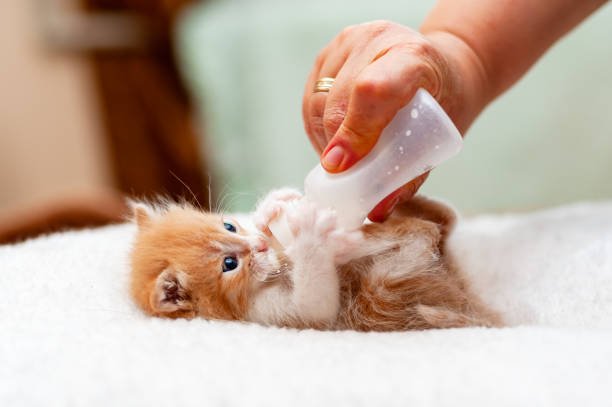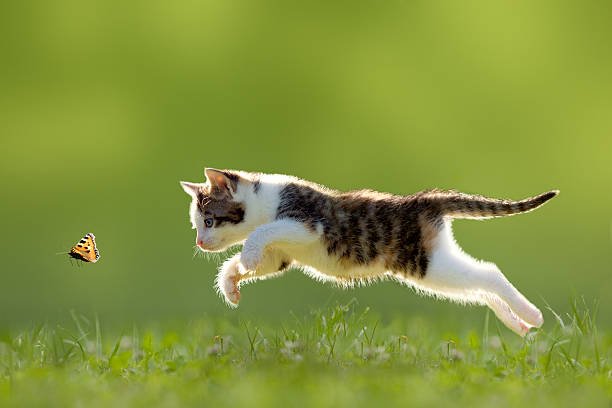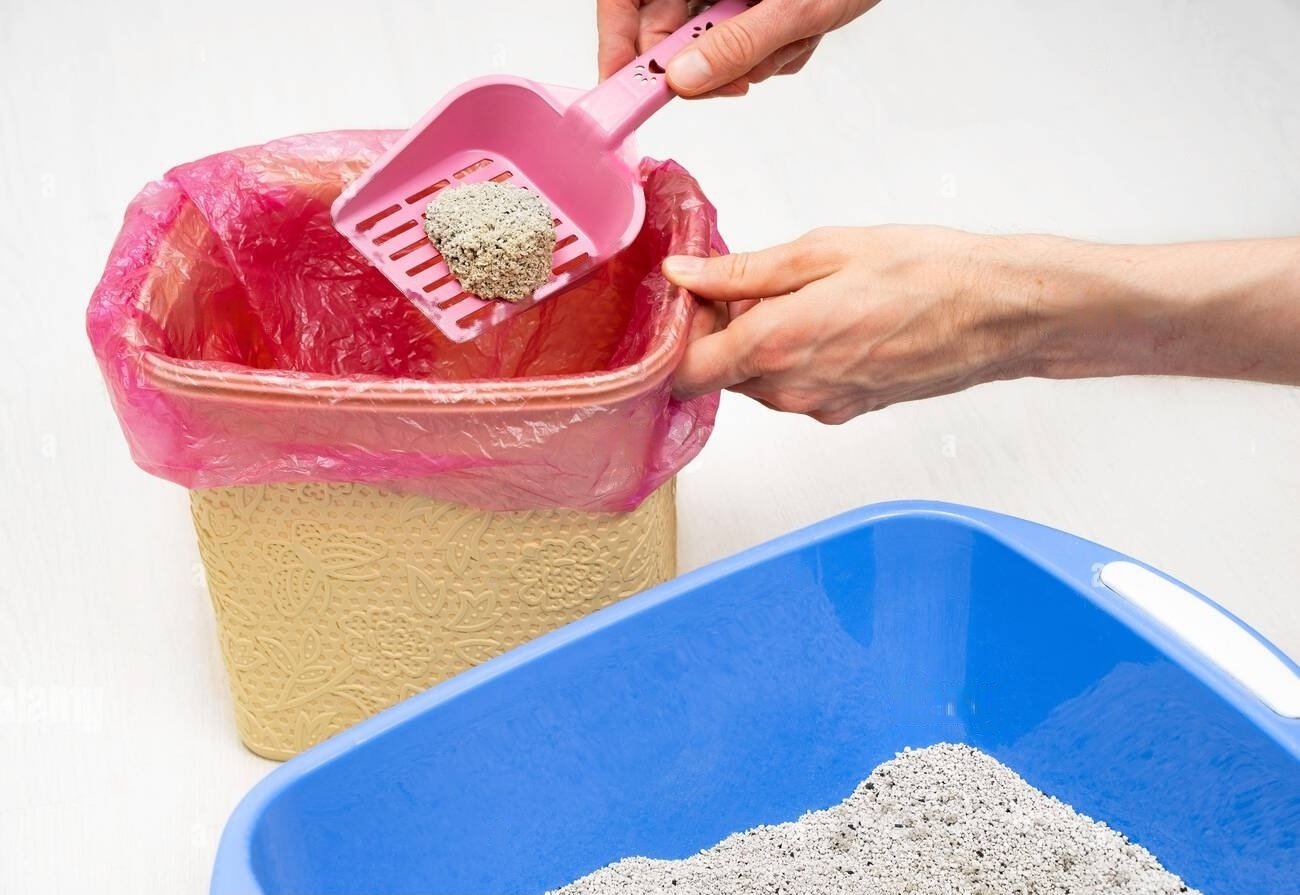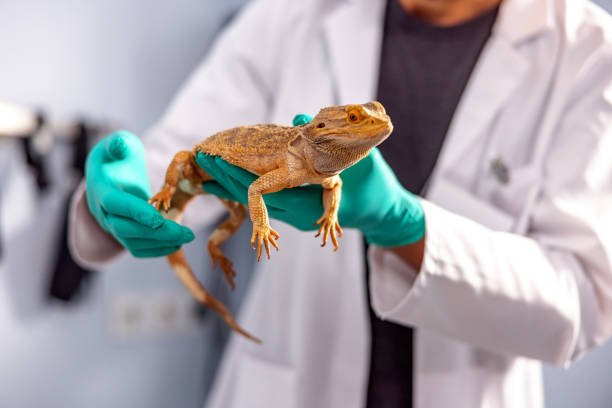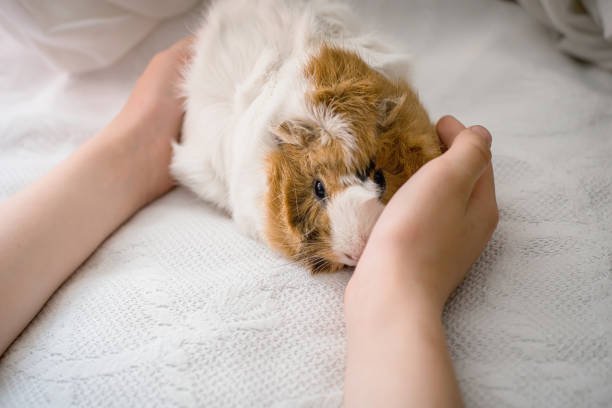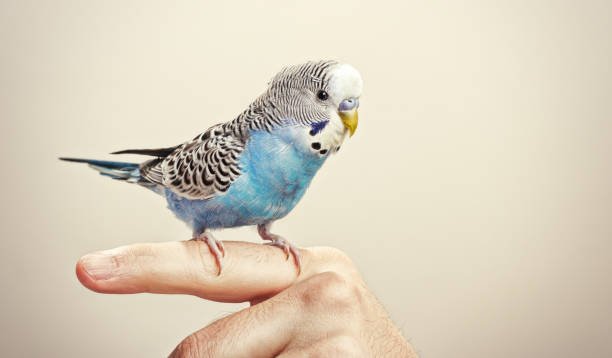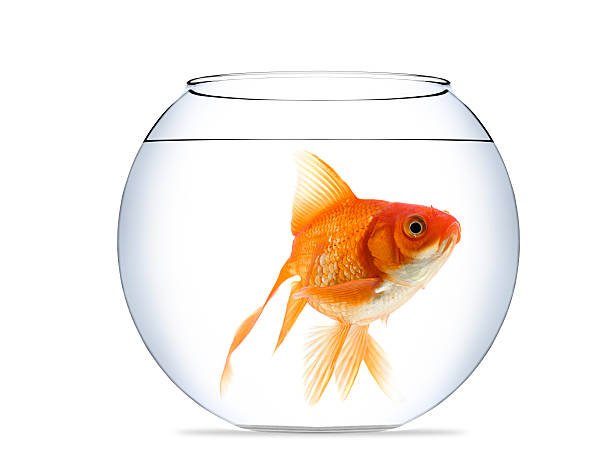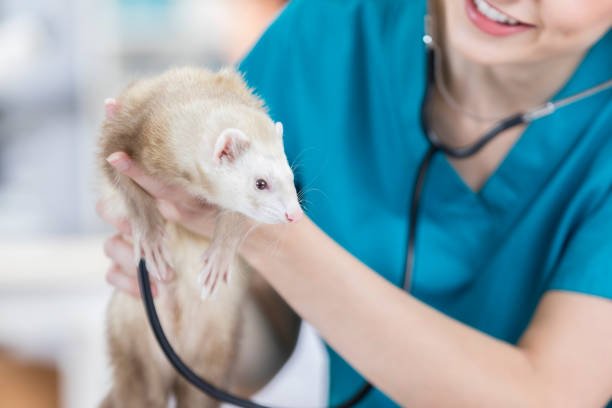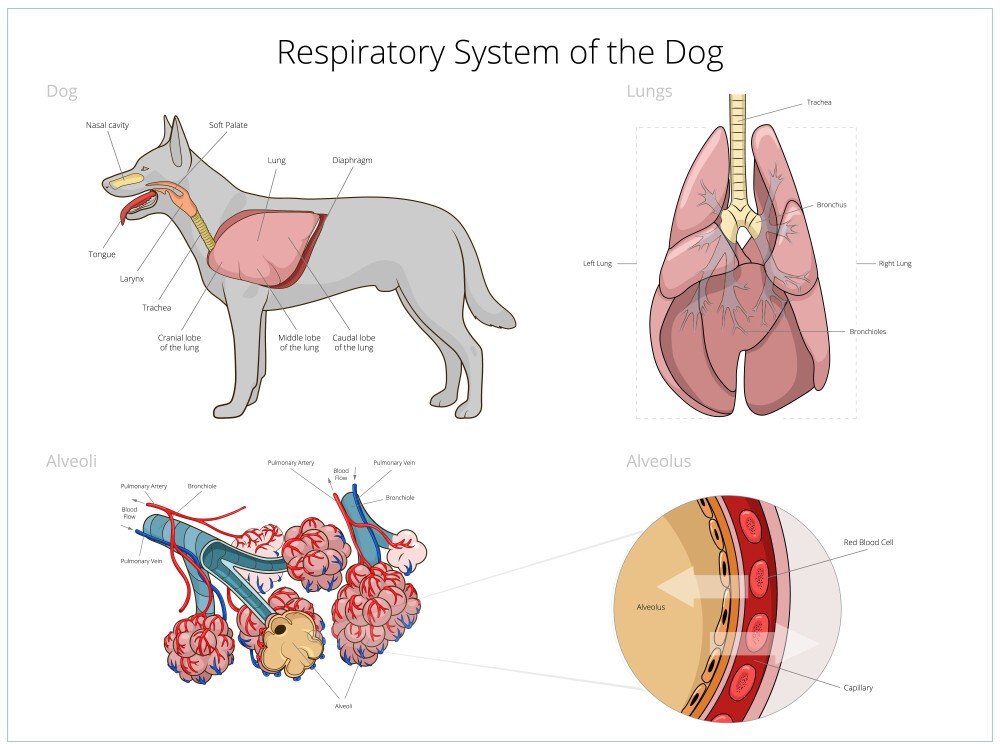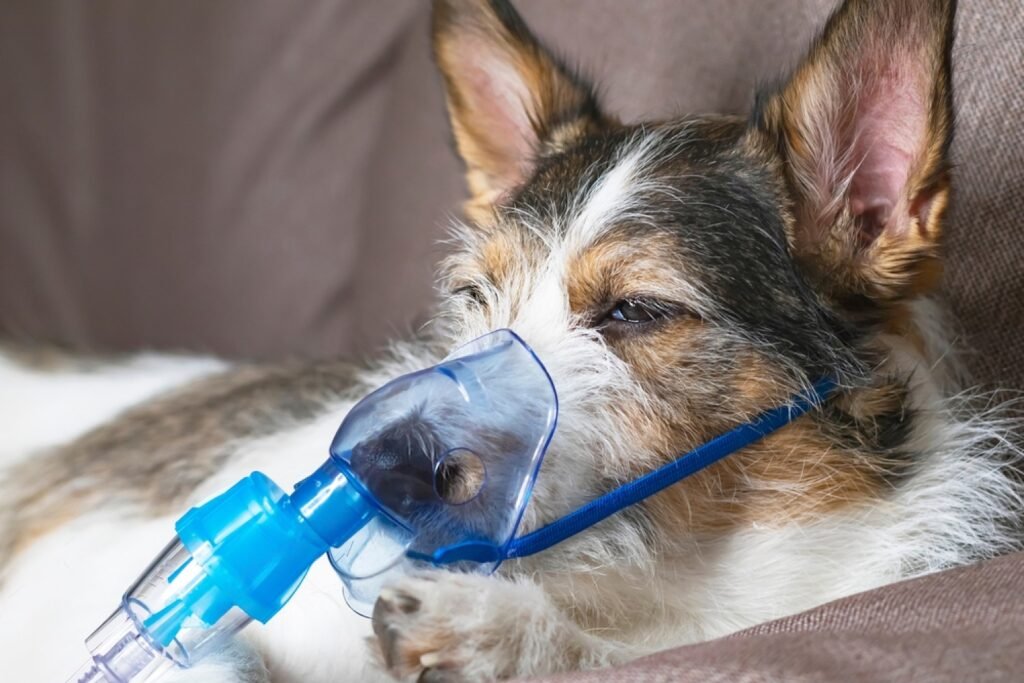Respiratory infections in puppies are conditions that impact their airways, such as the nose, throat, and lungs. These infections can be caused by viruses (like parainfluenza) or bacteria (like Bordetella, which causes kennel cough). Puppies are more susceptible because their immune systems are still developing. Respiratory infections can range from mild to severe, but with proper care, most puppies recover quickly. Initial signs may involve a persistent cough, frequent sneezing, and a runny nose. If left untreated, these infections can lead to more serious issues, such as pneumonia.
Common Causes of Respiratory Infections
Puppies are most commonly affected by viral or bacterial infections which cause respiratory infections. Viral diseases involve parainfluenza and canine distemper while bacterial diseases such as Bordetella Bronchiseptica commonly known as kennel cough are also common. These diseases can easily be passed from one puppy to another by either physical contact with other diseased animals or physical contact with surfaces that are contaminated with germs common in kennels or animal shelters. Stress, lack of fresh air, and cold season put the puppy’s immune system in the danger zone and it can easily be infected. Puppies that have not been vaccinated are likely to contract respiratory infections at an alarming rate.
Specific Types of Respiratory Infections in Puppies
Respiratory infections in puppies can vary in severity and cause. Here are some common types to be aware of:
Kennel Cough: This is a commonly transmitted respiratory illness, which is often an infection of viruses and bacteria. Signs of illness may be coughing, sneezing, discharge from the nasal area, fatigue, and reduced feeding. Otherwise, antibiotics might be offered in case of bacterial infection if necessary because most of the time, it is not necessary. Vaccination should be done regularly in order to avoid contractions of kennel cough.
Pneumonia: Another type of respiratory infection is pneumonia which may be bacterial, viral, or fungal in nature. Some of the signs are labored breathing, excessive salivating, coughing, nasal discharge, and conjunctivitis, vomiting, diarrhea, loss of appetite, and low activity. Pneumonia is a medical condition that should be treated immediately by a veterinarian and may include antibiotics, oxygen, and fluid support. Prevention of pneumonia involves; vaccination, and avoiding contact with animals that are showing signs of sickness.
Canine Influenza: Just like the human flu, canine influenza is an easily transmitted respiratory disease which is caused by a virus. Coughing, sneezing, nasal discharge, fever, lack of appetite, and desire to be inactive are some of the signs of the disease. Symptomatic relief and, if infection is far gone, an antiviral agent may be required. Canine influenza vaccination is also possible.
Nasal Mites: Some of these relatively minute parasitic organisms can lead to nasal infections that result in inflammation. Some of the signs are sneezing, watering of the nostrils, itching in the nose, and head shaking. Sometimes a person may be given topical remedies or oral antibiotics to clear nasal mite infestation. Contact with infected dogs should be avoided and it is necessary to keep clean to reduce the chances of infestation.
Chlamydiosis: It is a bacterial infection that registers some symptoms like cough, sneezing, nasal discharge and inflammation of the eye. Antibiotics form the basis of treatment of chlamydiosis though other forms of treatment may be possible. Some do receive immunization; Their immunization is gotten from some areas.
Mycoplasma: Another bacterial infection that can lead to respiratory manifestations, for example, chronic cough, sneezing, and nasal discharge. There are frequently used drugs for treatment of the Mycoplasma infections such as antibiotics. Unfortunately, there is no vaccination for mycoplasmal infections.
Puppies may go through a variety of respiratory infections and the above are just but a few of them. These are some of the common Infections but other less frequent infections are also possible. In case your puppy has symptoms of a respiratory tract infection, you should get your puppy diagnosed and treated by your veterinarian.

How Are Respiratory Infections Diagnosed?
When you take your puppy to the vet with suspected respiratory symptoms, they will conduct a thorough examination to determine the underlying cause. This may involve:
♣ Physical exam: The vet will examine your puppy for signs of illness, such as fever, rapid breathing, and abnormal lung sounds.
♣ Medical history: The vet will ask about your puppy’s symptoms, vaccination history, and recent exposures to other animals.
♣ Diagnostic tests: Depending on the suspected diagnosis, the vet may recommend additional tests:
♦ Blood tests: Can help identify underlying infections or health problems.
♦ Chest X-rays: It can help detect irregularities in the lungs, such as signs of pneumonia.
♦ Nasal swab: Can be used to test for specific viruses or bacteria.
During your vet visit, be prepared to answer questions about your puppy’s symptoms and recent activities. The vet will use this information, along with the results of the examination and tests, to determine the most likely cause of the respiratory infection and recommend appropriate treatment.
Treatment Options for Respiratory Infections

The course of treatment for respiratory infections in puppies will vary depending on the specific diagnosis. In many cases, antibiotics are prescribed to target bacterial infections. Supportive care, such as providing plenty of rest, ensuring adequate hydration, and maintaining a humidified environment, can also be beneficial. The recovery time for respiratory infections can fluctuate based on the severity of the illness and the underlying cause. It is crucial to adhere closely to your veterinarian’s recommendations and to provide your puppy with a comfortable and supportive environment during their recuperation period.
Home Care Tips for Sick Puppies
Caring for a sick puppy at home requires attention to their comfort and hydration. Start by creating a warm, quiet space away from drafts, as cold air can irritate their condition. Use a humidifier to increase the moisture in the air, which helps relieve congestion and makes breathing more comfortable. Ensure your puppy stays hydrated, as dehydration can worsen symptoms. If they’re not drinking water, offer puppy-safe broth to encourage fluid intake. Provide soft, easy-to-eat food, especially if their appetite is reduced. Limit their physical activity to allow for proper rest and recovery. Keep their bedding clean and wash their food and water bowls regularly to reduce the risk of reinfection. Most importantly, follow the vet’s prescribed treatment plan, including medications, and monitor for any signs of worsening symptoms.If their condition doesn’t get better or seems to worsen, seek advice from your vet right away.
Puppy Respiratory Rate
A normal resting breathing rate for a puppy is generally between 15 and 40 breaths per minute. However, individual variations can occur. It’s helpful to establish a baseline for your puppy’s normal breathing rate so you can monitor for any changes. Factors such as activity level, temperature, excitement, and stress can affect breathing rate. If you notice a significant increase in your puppy’s breathing rate, especially when they’re at rest, or if there are accompanying symptoms like lethargy, difficulty breathing, or bluish gums, it’s important to consult with your veterinarian. These could be signs of an underlying health issue. To measure your puppy’s breathing rate, find a quiet environment and count the number of times their chest rises and falls in one minute. Repeat this process several times to get an accurate baseline.
How to Prevent Respiratory Infections in Puppies
Preventing respiratory infections in puppies starts with ensuring they are up-to-date on vaccinations, especially for diseases like Bordetella and canine distemper, which are common causes of respiratory issues. Vaccinations boost their immune system and lower the chances of infections. It’s also important to avoid exposing your puppy to sick animals or crowded places like kennels until they are fully vaccinated. Maintaining a clean, well-ventilated living environment is key to preventing the spread of germs. Regularly clean your puppy’s bedding, toys, and food bowls to minimize bacteria and viruses. Good nutrition also supports a strong immune system, so feeding a balanced diet is crucial. Additionally, reducing stress by providing a calm environment can help prevent respiratory problems, as stress can weaken the immune system. Following these steps will greatly reduce the chances of your puppy getting a respiratory infection.
When Should You See a Vet?
The respiratory illness in the puppy should be closely watched since there are some cases that need urgent treatment. You should also take your puppy to the vet if it has problems with breathing, if it is either too fast or too slow in breathing, or if the puppy has developed bluish-colored gums or tongue, which may indicate a lack of oxygen in the body. Other things are a progressively worsening cough, lack of appetite or not taking food and water for more than a day along with increased listlessness. Any of the following symptoms should never be ignored; High fever, thick and colored nasal discharge, or any signs of breathing pains. They are at a higher risk because their immune systems are not yet fully developed; any signs that do not subside in a few days should be taken for a follow-up so as to avoid other complications such as pneumonia. It is always encouraged that one seek the services of a veterinarian as soon as possible in a puppy’s case.
Can Respiratory Infections Spread to Other Pets or Humans?
Common respiratory infections in puppies can affect other pets, this is common with household or kennel-raised dogs. Conditions such as kennel cough that are caused by the Bordetella bacteria easily spread from one dog to another through contact with body fluids, contaminated utensils, and water bowls, or through the air by the spread of droplets from a coughing or sneezing dog. In order to avoid this risk, one should segregate the sick puppy from the other pets till the sickness has been cured completely. This means that they should often wash their bedding, toys, and food bowls as well since germs can easily spread around.
Concerning human risk, the majority of the respiratory infections prevalent in puppies are non-zoonotic; they cannot infect humans. But if your puppy has a bacterial infection such as Bordetella, it is at some times or other capable of having an impact on the human body specifically, those with a low immunity power. In this situation, however, avoiding the actual puppy is almost impossible but washing one’s hands after handling the puppy especially when the puppy is sick is very advisable. In this way, all other pets and yourself will be safe and everything will be fine when your puppy regains from the sickness.
Recovery Time and Prognosis for Respiratory Infections
Puppies usually recover from respiratory infections within 1 to 2 weeks, depending on how serious the infection is and their overall health. Mild cases, like kennel cough, often clear up within a week with proper care, while more severe infections, like pneumonia, can take longer to heal.
Recovery time is influenced by factors like the puppy’s age and immune strength—very young or weak puppies may need more time. Early diagnosis and treatment make a big difference, while delays can lead to complications. Creating a clean, warm, and stress-free environment helps speed up healing. Stick to the vet’s instructions, and if your puppy’s symptoms don’t improve after two weeks or worsen, it’s best to follow up with the vet.
Final Thought
Pneumonic conditions in puppies can actually be very discouraging but the good thing is that most of them respond well to care and treatment in most cases fully recovers. Of course, although this is very distressing for most pet owners, you should ensure that the puppy stays as comfortable as possible and follows the instructions of the vet to recover without any problem. These are some of the way in which possible future infections can be prevented by being vaccinated and also by cultivating a clean environment. If you take some time and effort to give your puppy more care, your pet will become as healthy and playful as before and ready to live a joyful life again.

